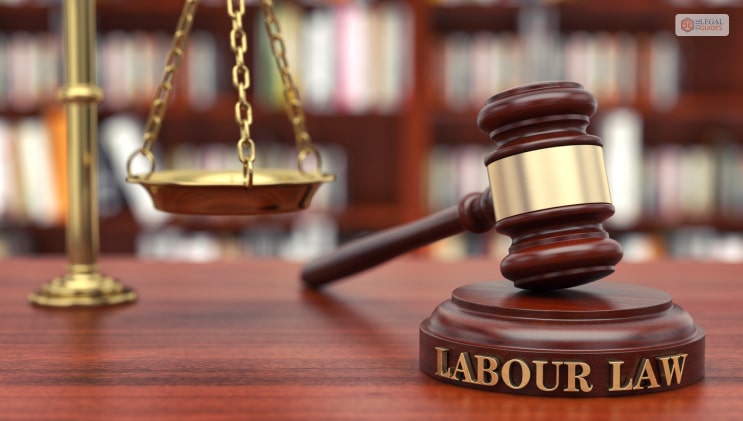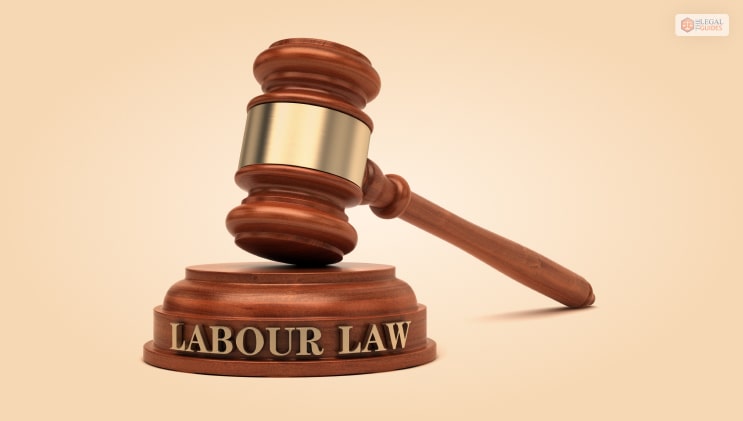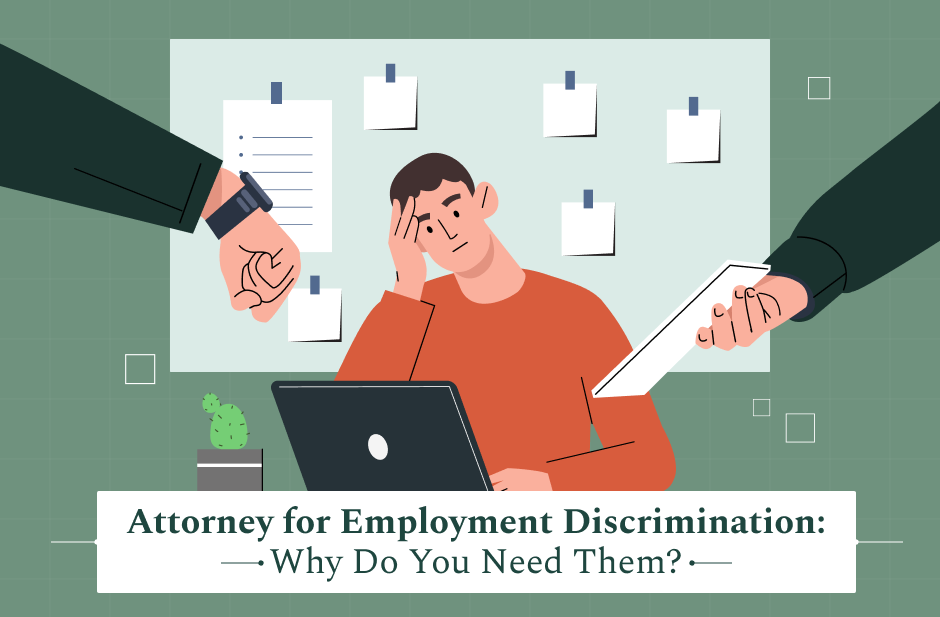Let us talk about some serious historical labor-related red flags.
- There was the existence of Chattel Slavery in Ancient Rome. Slaves were treated as property, subjected to harsh conditions like forced labor and brutal punishments.
- Indentured Servitude existed under British Colonial Rule. Individuals were forced to labor in exploitative conditions. There was forced bonded labor.
- King Leopold II of Belgium, in the 19th and 20th centuries, established a brutal colonial regime in the Congo Free State. Millions were subjected to forced labor, abuses, and atrocities.
- Joseph Stalin’s rule in the Soviet Union saw forced labor camps known as Gulags. Perceived enemies of the state were subjected to long hours of labor and inhumane treatment.
This is where Major Department of Labor laws come in. They are regulations and guidelines protecting a healthy employer-employee relationship. Some of the outrageous labor exploitation practices brought about movements promoting labor and employee rights.
Major Department Of Labor Laws: What do Labor Laws Do?
Labor laws ensure fair compensation for all workers.
- Safe working conditions are one of the main purposes of labor laws.
- These laws prevent child labor and protect young workers.
- Labor laws limit working hours, prevent exploitation and also protect work-life balance.
- They prohibit discrimination.
- These shield employees against unjust termination.
- Labor laws arrange for employee benefits such as health insurance and paid and unpaid leaves.
They also protect against workplace harassment and provide remedies to violated individuals.
Major Department Of Labor Laws: Where do Labor Laws Originate?

Labor laws date back to ancient civilizations. These were established to protect workers’ rights and wages. The Industrial Revolution period saw multiple instances of labor abuses. The International Labour Organization (ILO) was founded in 1919. The first labor laws also came around in the 19th century. All of this combined in the global development of labor laws. These addressed issues like limits to working hours and child labor.
- The Women’s Suffrage Movement established the right to vote and gender equality.
- Trade Union Movements were carried out to promote better wages, better working conditions, and rights.
- The Civil Rights Movement fought racial discrimination and for equal rights for African Americans.
- The Child Labor Reforms tried to end the exploitation of children in the workforce.
Major labor and social reforms like these took place in the 20th century. These led to the establishment of the current labor law scenario worldwide.
Major Department Of Labor Laws

Let us look at some Major Department Of Labor Laws:
Fair Labor Standards Act (FLSA)
The FLSA is a federal law that establishes labor standards for private and public employees. The Fair Labor Standards Act (FLSA) is a federal labor law. It sets basic labor standards for private and public employees in the United States.
It covers provisions of:
- minimum wage,
- overtime pay,
- child labor,
- recordkeeping, and
- special minimum wage standards.
The Department of Labor gets the authority to enforce civil and criminal remedies against violations of labor laws from this Act. Employees can file private lawsuits against employers who make these violations. This Act is widely known for introducing civil money penalties (CMP) for minimum wage or overtime violations.
Anderson v. Mt. Clemens Pottery Co. (1946) expanded the scope of the Act. The Supreme Court clarified that compensable work time includes activities that are part of the principal work activities and their extensions.
Major Department of Labor Laws for Workers in Federal Contracts
Let us check some federal contract labor laws.
- The Davis-Bacon and Related Acts (DBA) govern labor laws of federal and federally assisted construction contracts.
- The McNamara-O’Hara Service Contract Act (SCA) protects the rights of workers in federal service contracts.
- The Walsh-Healey Public Contracts Act (PCA) protects the freedoms of workers in federal supply contracts.
In the case of United States v. Binghamton Construction Co. of 1969, the decision upheld the scope of the Davis-Bacon Act. The court protected the rights of workers by preventing contractors from paying wages less than those in the locality.
Migrant and Seasonal Agricultural Worker Protection Act
This federal Act sets proper standards through labor laws regarding migrant and seasonal agricultural workers. These govern the following:
- wages,
- housing, and
- transportation.
Under this Act, Contractors must register and provide information on the following:
- wages and
- working conditions to prospective workers.
The Act establishes health and safety standards for the housing of the workers. Employers must meet safety requirements.
Immigration and Nationality Act (INA)
Wage and hourly division standards are established under INA for temporary nonimmigrants. This Act safeguards the rights of workers who are a part of various programs.
This Act ensures:
- fair treatment and
- the integrity of the immigration system.
Family and Medical Leave Act (FMLA)
This is a federal labor law that provides eligible employees with twelve weeks of unpaid while also ensuring their job remains protected. Paid leaves can also be exchanged with unpaid leaves by agreement. Health coverage and employment rights are also guaranteed under this Act.
In this case, Ragsdale v. Wolverine World Wide, Inc. of 2001, the court addressed the Family and Medical Leave Act (FMLA) and ruled that failure to notify the type of leave taken does not entitle the employee to an additional leave period.
Major Department of Labor Laws: A Wrap!
These Major Department of Labor Laws are made by the DOL (Department of Labor), a government agency responsible for promoting the welfare and rights of workers in the United States. The DOL plays a crucial role in enforcing and administering various labor laws to ensure fair treatment and safe working conditions. The Department of Labor Laws guides the investigation, complaints, conduct of workplace inspections, and education of employers and employees about their rights and responsibilities. By enforcing these laws, economic security is guaranteed for American workers.
Read More:
















